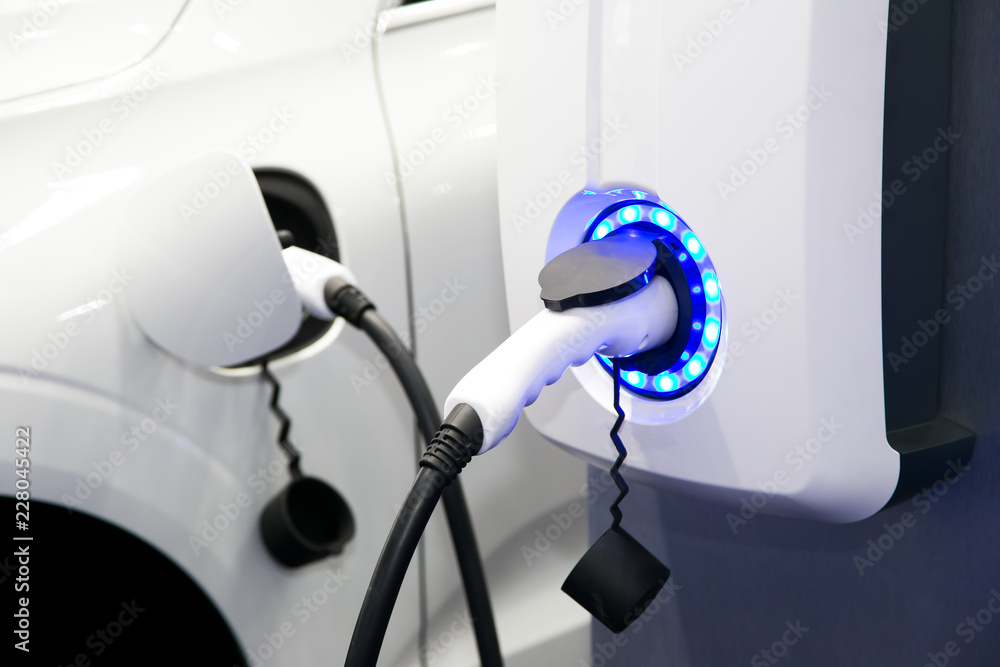
LUCKNOW In a significant stride towards promoting electric mobility, public sector oil companies have already sought over a 1,000 power connections for electric vehicle (EV) charging stations across urban areas and highways in Uttar Pradesh, even as the state government is finalising plans to expand EV charging facilities to public and government office locations under its evolving EV policy.
According to a report compiled by the Uttar Pradesh Power Corporation Limited (UPPCL), a total of 1,060 applications were received from Indian Oil Corporation Limited (IOCL), Bharat Petroleum Corporation Limited (BPCL) and Hindustan Petroleum Corporation Limited (HPCL) for dedicated power supply to their proposed EV charging stations across the state.
Of these, 1,047 applications were processed and power connections for 662 sites energised by the end of October. Officials clarified that “energisation” indicates the readiness of electricity supply by UPPCL but does not necessarily mean that all the EV charging stations are operational yet. Thirteen applications were rejected.
Among the oil companies, IOCL led with 479 applications, followed by BPCL with 353 and HPCL with 228. Discom-wise, Purvanchal Vidyut Vitran Nigam Ltd (PuVVNL) accounted for the highest number of applications at 316, followed by Dakshinanchal (DVVNL) 274, Madhyanchal (MVVNL) 248, and Paschimanchal (PVVNL) 209. The Kanpur Electricity Supply Company (KESCO) received seven applications - all from IOCL.
“We are setting up EV charging stations at existing fuel pumps in cities as well as along expressways and national highways,” said IOC general manager (non-fuel revenue) Kartikey Mishra. He said the chargers would be of 30 kw, 60 kw, and 120 KW capacities, depending on the requirement of the vehicles. The current tariff applicable for commercial EV charging is ₹7.64 per unit.
For now, the IOC has planned 12 charging points in major cities, including four in Lucknow, three in B-class cities, 259 on national highways and 105 on state highways. Other oil companies too have similar plans.
Uttar Pradesh, which has one of the largest vehicle populations in the country, figures prominently on India’s EV roadmap. As per a cabinet note prepared by the renewable energy department, the number of registered EVs in the state has already crossed 12.5 lakh six months back and is projected to increase tenfold by 2030.
Under the Union power ministry’s guidelines, charging stations are to be installed every 1 km x 1 km grid in urban areas and every 20 km along highways. For long-range EVs and heavy-duty vehicles such as trucks and buses, fast-charging stations will be established every 100 km along major highways and expressways.
To accelerate the transition, the ministry of heavy industries has issued operational guidelines for implementing the PM E-Drive Electric Vehicle Charging Infrastructure (EVCI) scheme. “The scheme will support both fast and slow chargers across highways, cities and public places through viability gap funding (VGF). State nodal agencies, PSUs and private entities will be eligible to participate,” said Indrajeet Singh, director of UPNEDA.
He added that the guidelines covered site selection, fund disbursal, technology standards and monitoring to ensure reliable and interoperable charging networks, with special focus on Tier-II and III cities. “UP is expected to get around ₹300 crore as subsidy under the EVCI scheme,” said Singh.
Fuel stns operated by PSU oil cos in U.P.
IOC 5964
BPCL 3146
HPCL 3021
Total: 12,131
